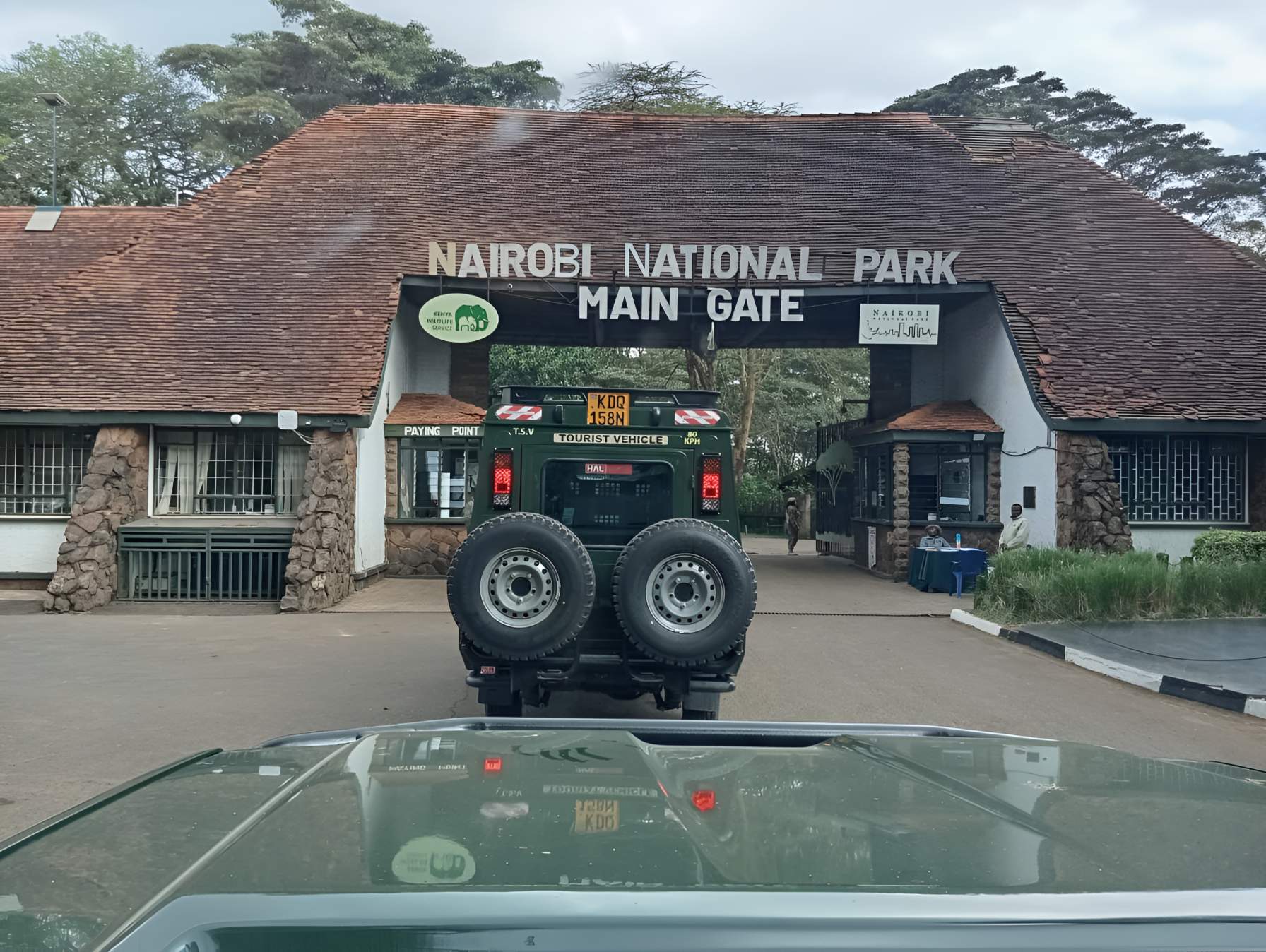Kenya Wildlife Service (KWS) has proposed new rules that would allow certain groups to access national parks, reserves, and sanctuaries without paying fees.
The initiative targets senior citizens, young children, persons with disabilities, and frontline tourism workers, including tour guides, drivers, boat crews, and porters, in recognition of their contribution to wildlife tourism.
The Ministry of Tourism and Wildlife, together with KWS, hosted a stakeholder validation forum in Nairobi to discuss the draft Wildlife Conservation and Management (Access and Conservation) (Fees) Regulations, 2025.
Under the proposed regulations, Kenyan citizens aged 70 and above, children under five, and persons with disabilities would enjoy free entry. Registered fishing boats operating under Beach Management Units (BMUs) would also be exempt from anchoring fees in marine protected areas.
To benefit from the exemptions, individuals and workers will need to present valid identification such as a national ID, passport, disability card, or professional licence.
KWS Director General Prof Erustus Kanga explained that the move aims to make Kenya’s wildlife more accessible while honouring those who work directly with tourists.
“The new regulations have considered vulnerable and special groups. This is about fairness, dignity, and recognition. The people who connect visitors to our wildlife and those who have given their lives to this country should not be excluded from enjoying our natural treasures,” Prof Kanga said.
The draft framework also introduces four visitor categories, each with its own fee structure: East African citizens, Kenyan residents, African citizens, and non-residents.
East African citizens include nationals of EAC member states, while Kenyan residents are individuals living in Kenya with valid residence permits but who are not Kenyan or East African citizens.
African citizens refer to visitors from other African countries outside the EAC, and non-residents are visitors from outside the continent.

